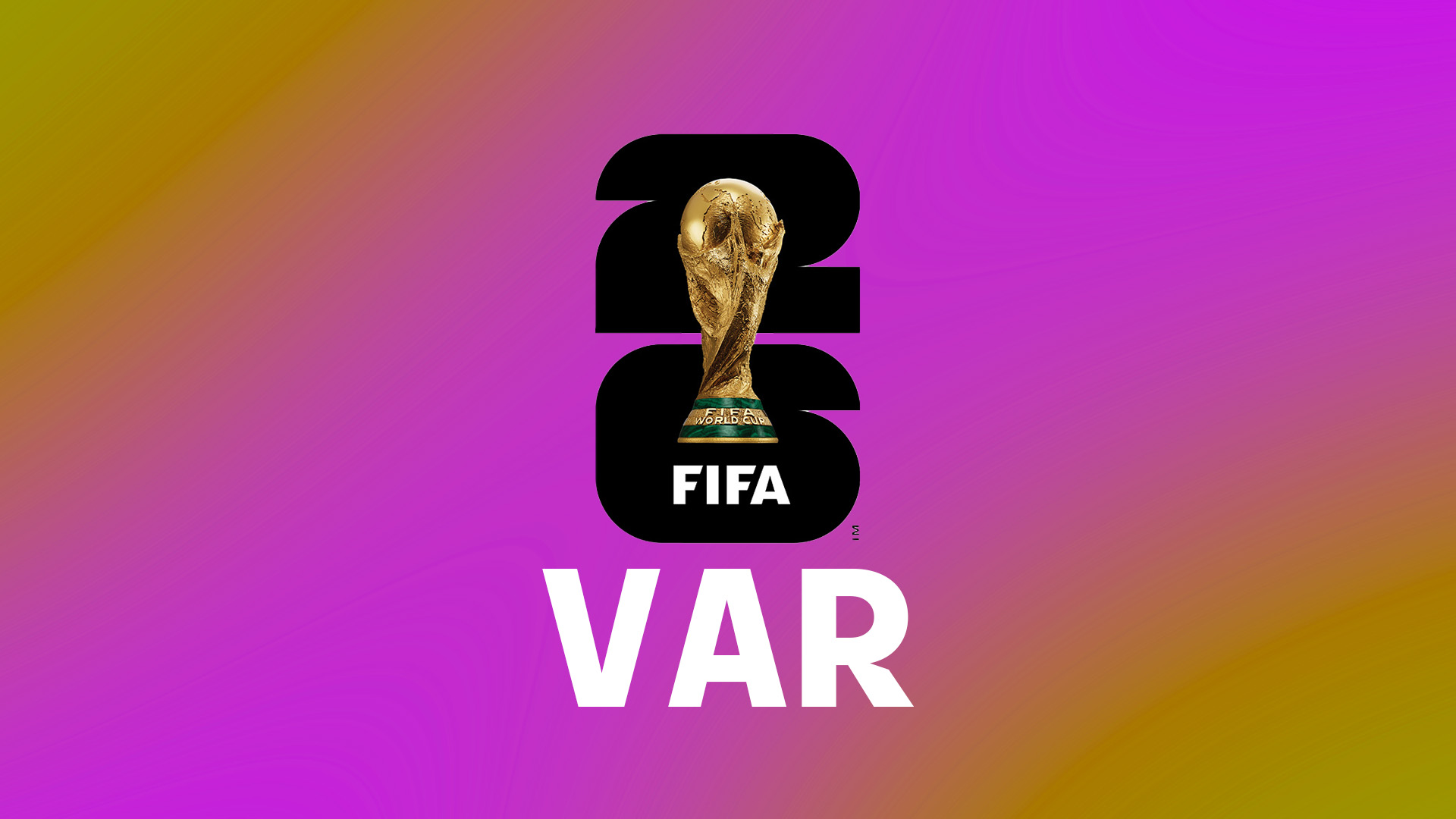
The FIFA World Cup 2026 is expected to be a historic event for various reasons. It will be the first tournament hosted by three countries, with 48 teams instead of the regular 32. Along with these developments, one of the most important factors predicted to influence the event is the continued usage of Video Assistant Referee (VAR) technology.
The Evolution of VAR
Introduced officially in the 2018 World Cup in Russia, VAR was designed to assist referees in making accurate decisions on critical incidents: goals, penalties, direct red cards, and cases of mistaken identity. The technology uses a team of assistant referees who review video footage of the match and communicate with the on-field referee. Since its debut, VAR has been both praised for increasing fairness and criticized for disrupting the flow of the game.
VAR's Impact on the Game
In the 2018 and 2022 World Cups, VAR played a crucial role in correcting clear and obvious errors, leading to a fairer outcome in many matches. Key instances where VAR intervened included the awarding of penalties and the correction of offside decisions, which often have a significant impact on the match's result.
Proponents claim that VAR assures improved levels of accuracy in refereeing, which is critical in a competition with such high stakes. The approach has helped to protect the sport's integrity by reducing human error and ensuring that teams are less likely to be unfairly disadvantaged as a result of wrong choices.
Challenges and Controversies
Despite its advantages, VAR has not been without controversy. Critics believe that it disrupts the game's natural flow, resulting in lengthier pauses and less of the spontaneous exhilaration that football is known for. There have also been discussions concerning the uniformity of VAR rulings and the subjective nature of interpreting the regulations.
Moreover, the time taken to make decisions can frustrate players, coaches, and fans alike, leading to calls for a more streamlined process. FIFA has acknowledged these concerns and has been working on improving the efficiency of VAR, aiming to make it faster and more transparent.
VAR in the 2026 World Cup
Looking ahead to the 2026 World Cup, FIFA is expected to implement several enhancements to the VAR system. Advances in technology and better-trained referees will likely contribute to more seamless and efficient use of VAR. Additionally, with the expanded tournament format, the stakes for each decision will be higher, making the role of VAR even more crucial.
FIFA is also likely to introduce more standardized protocols to ensure consistency across all matches. This could involve clearer guidelines on handball situations, offside rulings, and the use of VAR in penalty decisions. The goal is to strike a balance between technological assistance and maintaining the dynamic nature of the sport.
The Future of VAR
The continued evolution of VAR will be closely watched in the lead-up to and during the 2026 World Cup. As technology advances, the potential for even more accurate and quicker decisions increases, which could address some of the current criticisms. However, the human element of refereeing will always play a role, and the subjective nature of certain decisions will persist.
Ultimately, the integration of VAR into football represents a broader trend towards leveraging technology to enhance sports. The 2026 World Cup will be a significant milestone in this journey, potentially setting new standards for how technology can be used to improve fairness and integrity in football.
As fans from around the world gather to witness the spectacle of the World Cup, VAR will undoubtedly be a focal point of discussion and analysis, shaping the narratives of triumph and controversy that make the tournament so compelling.
Check out the World Cup 2026 Tickets guide for you're looking for it.
Comments